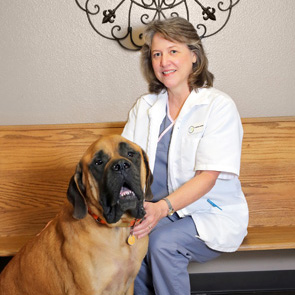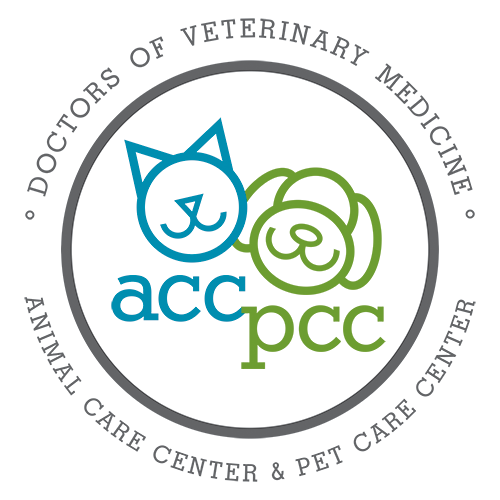Common Toxins for Cats and Dogs


Dr. Melanie Lavergne
With Easter just around the corner there are some common toxins we all need to be mindful of and keep out of reach from our pets:
- Milk chocolate can be dangerous if ingested in large amounts. However, it is dark chocolate and Baker’s chocolate are the most toxic. The darker the chocolate the greater the amount of theobromine, which is the primary toxin, as well as caffeine. White chocolate contains negligible amounts of either of these.
- Many sugar-free products contain the ingredient xylitol. Xylitol is a sweetener commonly found in sugarless gum, candy, and baked goods. Xylitol is now also found in mints, toothpaste, mouthwash, medications, nasal sprays, and as a powder. In dogs, Xylitol causes liver failure and a rapid drop in blood sugar. If xylitol is listed as one of the first five ingredients on the package, a severe toxicosis can develop within 15 minutes of ingestion.
- Macadamia nuts are especially toxic, but it is best to avoid all nuts. In dogs, as little as one macadamia nut per two pounds of bodyweight can result in toxicity. With proper treatment, most patients quickly recover.
- A single serving of grapes or raisins can be enough to lead to kidney failure in dogs. Both red and white grapes are included, as well as fermented grapes from wineries. No known reports of grape toxicosis exist in other species. The exact cause of kidney damage in dogs is unknown.
- Plants in the Lilium and Hemerocallis species are toxic to cats. These lilies include Easter lilies, Tiger lilies, Asiatic lilies, Stargazer lilies, and Oriental lilies, as well as Day lilies. All parts of the plant are considered toxic, including the pollen. Even with a minor exposure acute kidney failure can develop. Lily of the Valley plants are toxic to the heart. Calla lilies and Peace lilies are not true lilies; therefore, ingestion of these may only result in a mild gastrointestinal upset.
- Other Common toxins we may see include Rodenticides, over the -counter medicines, Sago Palms, and topical flea and tick products.
- Rodent baits are all similar in appearance. However, some are anticoagulants, some are neurotoxins, and some are toxic to the kidneys. There is also a Rodenticide that releases phosphine gas which can also be toxic to humans. It is always very important to note the toxic ingredient in each exposure case.
- Over-the-counter cough, cold, and allergy medicines that include acetaminophen or decongestants such as pseudoephedrine or phenylephrine can be toxic. Acetaminophen, the ingredient in Tylenol, is toxic to blood cells and the liver, and can be deadly to cats.
- Ibuprofen and naproxen are found in products such as Advil, Motrin, and Aleve. These drugs are not easily metabolized by dogs and are very toxic to cats. These drugs can cause stomach ulcers and kidney failure.
- Sago Palms or cycads are a most deadly plant. These plants are very popular in landscaping around homes. All parts of the plant are toxic, with seeds being the most toxic. These plants cause acute liver failure in dogs and once clinical signs have developed the prognosis is grave.
- Flea and tick spot-on products that are labeled for dogs only, can lead to tremors, seizures, and possible death in cats if not treated. Many people do not read the package or think a smaller amount on a cat would not be harmful.
If you suspect your pet may have been poisoned, seek immediate medical attention. Three places you can go to for help are:
- Animal Care Center & Pet Care Center
We accommodate to emergency cases, as well as, take emergency after hour calls 6 days a week until 10pm. Call (985) 542-6300. - Pet Poison Helpline at (844) 442-0881 or (855) 764-7661.
www.petpoisonhelpline.com - ASPCA Animal Poison Control Center at (888) 426-4435.
www.aspca.org/pet-care/animal-poison-control
If you have question concerning common toxins that might be harmful to your pet we at ACC & PCC care to help. Please don’t hesitate to call us, ACC – (985) 542-6300 or PCC – (985) 370-7387.
